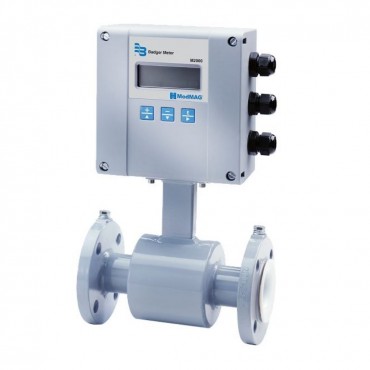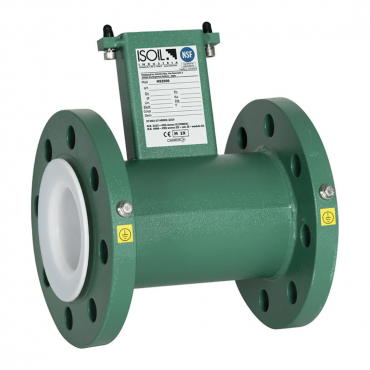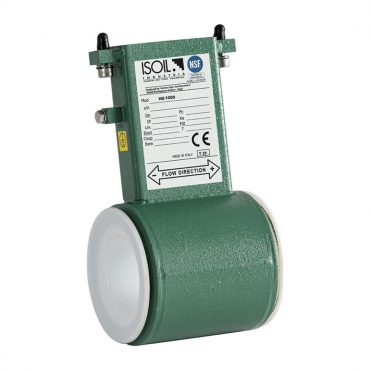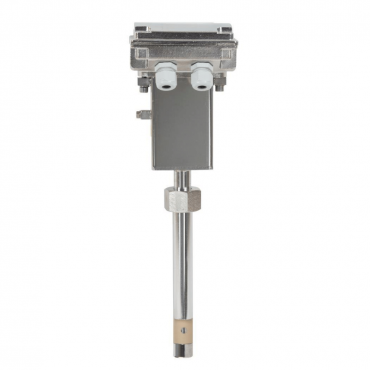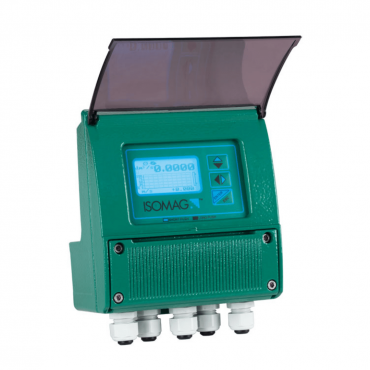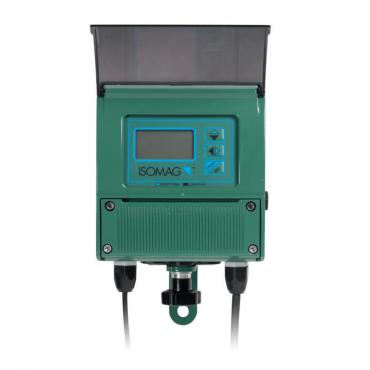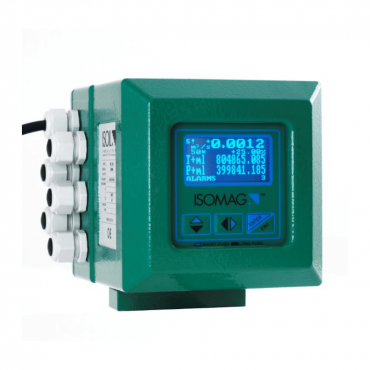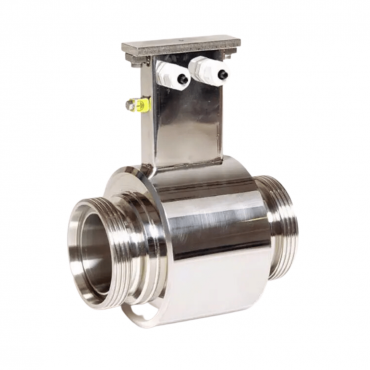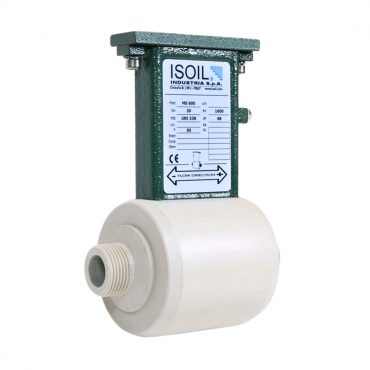Liquid - Magnetic Flow Meters
Magnetic Flow Meter
Measuring the flow of liquids is a critical need in many industrial plants. In some operations, the ability to conduct accurate flow measurements is so important that it can make the difference between making a profit and taking a loss. ANSAC has the right solutions for your liquid flow applications. Isomag has a full range of magnetic flow metres from DN3 to DN2000 and pressures up to 250 bar. Magnetic flow metres are available in compact or separate versions, wafer (up to DN400) or flanged mounting, with a wide range of options for electrodes and lining materials.
Browse our selection of magnetic flow metres on this page to see which will best suit your needs. Should you need help or informed recommendations about the right magnetic flow metre for your operations, our product specialists are also here to provide their insights and suggestions.
Advantage of Magnetic Flow Meters
Exceptional accuracy:
Magnetic flow meters provide highly accurate measurements of liquid flow, ensuring precise monitoring and control.
Non-obstructive and no pressure drops:
These meters do not hinder the flow of liquids or cause pressure drops, allowing for smooth operation.
Versatility across industries:
Magnetic flow meters can be utilized in various industries, making them adaptable for different applications and liquids.
Low maintenance and reduced downtime:
Due to their absence of moving parts, magnetic flow meters require minimal maintenance, leading to reduced downtime and cost savings.
Integration and optimization:
With advanced digital interfaces, these meters enable real-time monitoring, seamless integration with control systems, and improved efficiency, accuracy, and cost-effectiveness in industrial processes.
FAQ
How does a magnetic flow meter work?
A: Magnetic flow meter operates based on Faraday's law of electromagnetic induction. It consists of coils wound around a non-conductive pipe. When a conductive liquid flows through the pipe, the excitation coil generates a magnetic field. As the liquid passes through the field, an induced voltage is generated perpendicular to both the magnetic field and the flow direction. This voltage is detected by the sensing coil and converted into an electrical signal proportional to the flow rate, which is then processed and displayed as the volumetric flow rate.
Is a magnetic flow meter better than a mechanical flow meter?
A: It depends on factors such as accuracy requirements, liquid characteristics, maintenance needs, integration capabilities, and budget. Magnetic flow meters offer high accuracy, low maintenance, and digital integration advantages. Mechanical flow meters are versatile, cost-effective for certain applications, and reliable in harsh conditions. Assessing specific needs and consulting experts can determine the most suitable flow meter.
 Call Us
Call Us 




